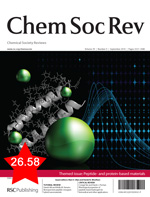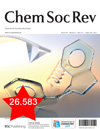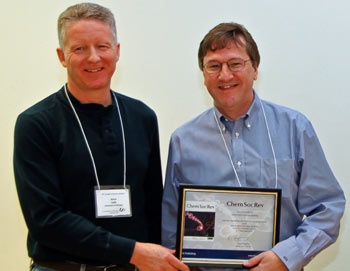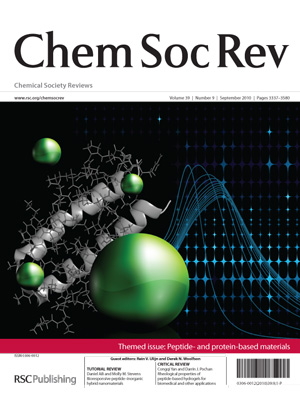70th Harden Conference
Synthetic biology: design and engineering through understanding
Keele University, UK
22-26 August 2011
Application is still available!
Synthetic Biology is the design and construction of new biological systems not found in that configuration in nature. The overarching aims of Synthetic Biology are to develop a firm basis for the design and engineering of new biological and biologically inspired molecules and collections of molecules (so-called systems), and to put these to useful purposes. By applying engineering principles to biology, scientists hope to generate new molecular systems, and perhaps even new basic life forms, that are radically different from those that can be generated by more-traditional chemical synthesis and genetic engineering.
Despite much hype in the scientific and popular press, major obstacles towards these goals remain, however. The potential of Synthetic Biology will not be limited by the imagination of the researcher but rather by the suitability, quality, variability and compatibility of the ‘parts’ (genes, promoters, proteins and other biomolecular components) that they choose to engineer; the complex and often unwieldy circuitry of complex biological systems; the incompatibility of new parts with a new or existing biological contexts (so-called chassis); and the noise, variability and uncertainty, or emergent properties, inherent in biology. Furthermore, the problems are not only scientific but also sociological, ethical and cultural: just because we can do this type of biological engineering, should we open this particular Pandora’s box?
The 70th Harden Conference will illustrate the potential of this emerging cross-disciplinary area; showcase current successes; and present the underpinning biology, engineering and systems understanding necessary to design synthetic biological systems reliably and predictably.
 |
You may also be interested to know that conference organiser Dek Woolfson (The University of Bristol, UK) has guest edited a themed issue (alongisde Rein Ulijn, The University of Strathclyde, UK) on “Peptide- and protein-based materials” for ChemSocRev, in issue 9, 2010.
This is a nice themed issue that covers the design, synthesis, engineering, characterisation and functionalisation of materials composed of peptides or protein components. It features some top reviews from researchers including Molly Stevens, Alison Rodger, Jan van Hest, Bing Xu, Anthony Weiss, Joel Collier, Alexander Kros, both guest editors and more… So, if you’re interested in peptides or proteins take a look at the peptide- and protein-based materials themed issue today! |
















